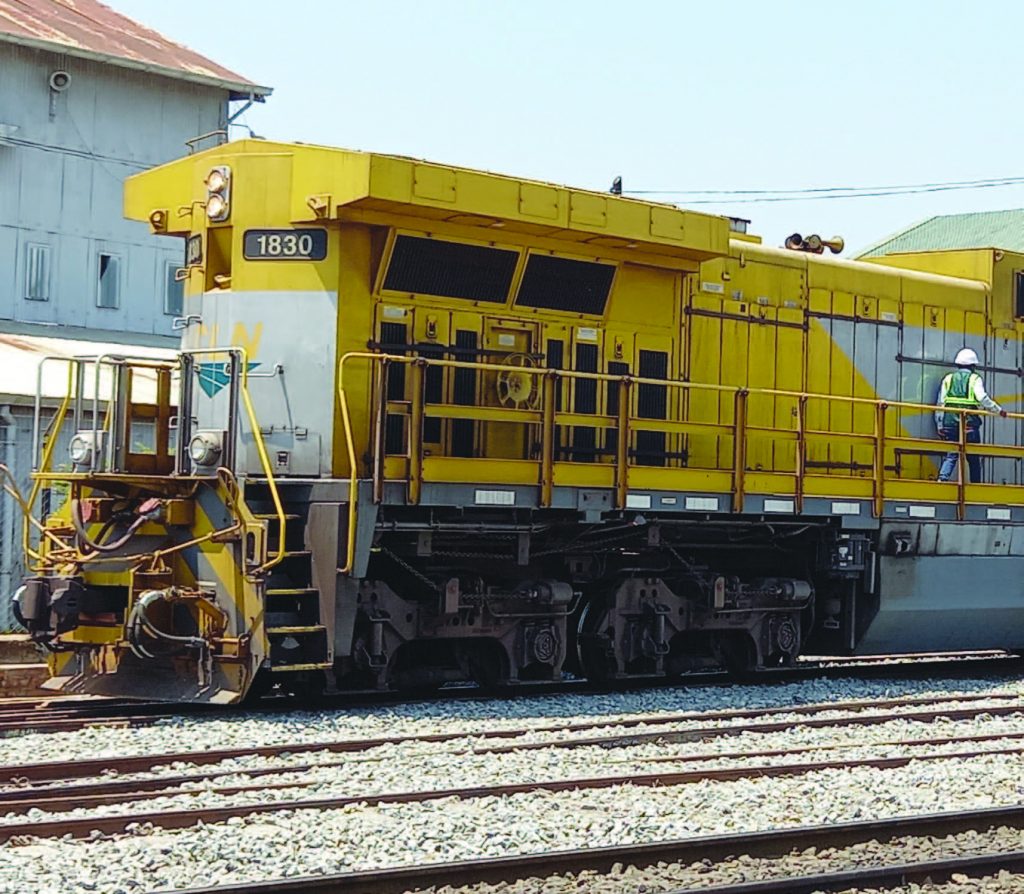The World Bank says while transport and logistics costs are high in many countries, those faced in Malawi and other landlocked developing countries in sub-Saharan Africa translate to competitive disadvantages.
Malawi is one of the world’s landlocked countries with no access to the sea and heavily relies on its neighbours known as transit countries to access international trade.
Railway is touted as the cheapest mode of transport
In its latest report titled Harnessing Natural Resources for Economic Transformation, the World Bank said transportation and logistics costs in sub-Saharan African countries are high compared with other developing countries, thereby undermining intraregional trade and economic transformation.
Reads the report in part: “The cost of shipping a container from China to Beira in Mozambique is $2 000 [about K2 million], but transporting that same container from Beira to Malawi, a distance of 500 kilometres inland costs $5 000 [about K5 million].”
“The development linked to a range of factors, including poorly developed and under maintained physical infrastructure, lack of regional and international
transport connectivity, inefficient logistics services and poor access to shipping services makes the country uncompetitive.”
The World Bank has since recommended that Malawi should strengthen its infrastructure and connectivity with the world to reduce logistics and transport costs as well as achieve greater commercial and economic activity.
“Landlocked sub-Saharan Africa countries need to put digital technology at the forefront of policy objectives and adapt to rules of origin.
These measures can help ease trade-related logjams and enhance their participation in trade,” reads the report.
Malawi Confederation of Chambers of Commerce and Industry (MCCCI) chief executive officer Chancellor Kaferapanjira in an earlier interview said the cost of transport has been a major obstacle to doing business in Malawi.
He said efficient transport network is important as it directly affecs the competitiveness of businesses.
Minister of Transport and Public Works Jacob Hara said in an interview government plans to revamp the transportation sector and to ease mobility and revitalise the country’s railway transport to ease cost of transport.
He said: “We believe that this will have a ripple effect on products prices which will be reduced.
“Additionally, plans are also underway to introduce railway transport in the Northern Region to connect with Tanzania.”
Meanwhile, a recent United Nations report showed that the country’s transport sector accounts for 56 percent of landed transport costs and 30 percent of export costs, thereby increasing the cost of imported goods and hurting Malawi’s regional trade competitiveness.
The report further said transport accounts for 3.8 percent of the country’s energy consumption and 43 percent of its commercial energy consumption. It said more than 70 percent of internal freight traffic and 99 percent of passenger traffic is handled by road transport.
The post Malawi transport cost under spotlight first appeared on The Nation Online.
 Moni Malawi
Moni Malawi 

